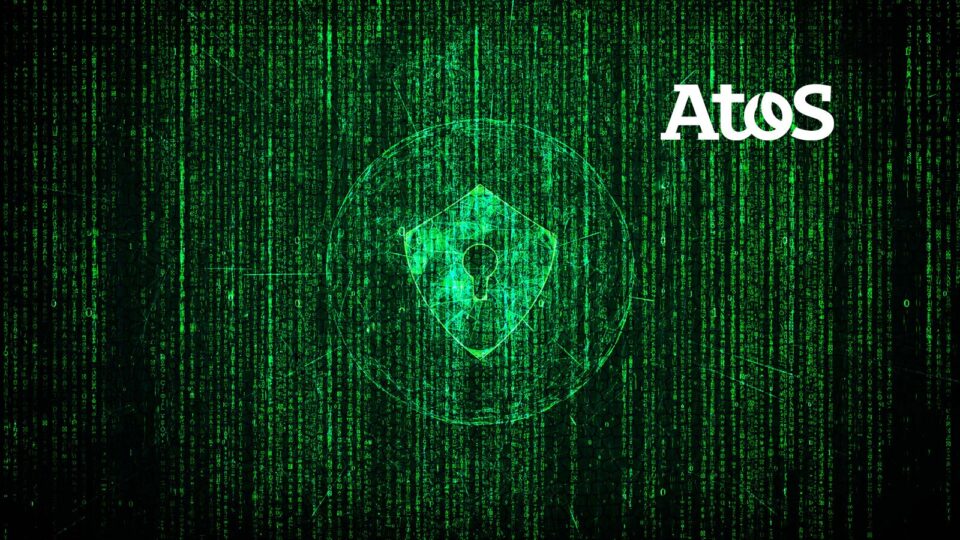-
Cybersecurity by default: Next-generation products are to be equipped with preconfigured security
-
New partners: NTT, Infineon and Hasso Plattner Institute for Digital Engineering join Charter of Trust
-
Cybersecurity extended along the supply chain: Numerous suppliers meet baseline requirements of the Charter of Trust companies
-
Education campaign for SMEs and schools: Charter of Trust partners provide cybersecurity materials
The Charter-of-Trust (CoT) partners have agreed to deliver next-generation products with preset cybersecurity, following a clear “Security by Default” philosophy. At present, there are no uniform regulations governing this issue – many products leave the factory solely dependent on safety systems that do not provide comprehensive protection. Users often have to adjust security settings afterward. As a first step, the Charter partner companies have now defined which security features should be present and activated by default in next-generation products – ranging from strong authentication features to a unique product identity and the requirement that passwords must be changed upon first use.
The CoT partners also believe that no undocumented functionalities or possibilities for remote connection should be part of initial device setup – another aspect that is not yet a general rule today. All these requirements are now being rolled out step by step within the relevant portfolios of the Charter of Trust member companies.
Top iTechnology IT and DevOps News: Maker of SINGER, HUSQVARNA VIKING, and PFAFF Sewing Machines Personalizes In-Store Shopping
“Cybersecurity is a key ingredient for trust of our customers in all our businesses offering digitally connected products. It is also the basis for sustainable success and the foundation of a strong ecosystem”, says Roland Busch, deputy CEO, CTO, CHRO and Managing Board Member of Siemens AG.
At the Munich Security Conference in February 2018, Siemens and eight partners from the industrial sector launched a joint charter for more cybersecurity for the first time. Two years after signing, the Charter of Trust has grown to 17 members. In addition to Siemens and the Munich Security Conference, the companies AES, Airbus, Allianz, Atos, Cisco, Dell Technologies, Deutsche Telekom, IBM, Mitsubishi Heavy Industries, NXP Semiconductors, SGS and TÜV SÜD have committed themselves to the document. Furthermore, the Federal Office for Information Security (BSI), the National Cryptologic Center (CCN) and Graz University of Technology are accompanying the Charter’s work as Associated Partners. Today, the Charter of Trust is gaining two new members in NTT, a Japan-origin IT consulting and managed service provider, and the German semiconductor manufacturer Infineon Technologies AG. With the Hasso Plattner Institute for Digital Engineering GmbH (HPI), one of Germany’s leading IT institutes is now also contributing to the cybersecurity initiative as an Associated Partner.
Last year, the partners already agreed on 17 concrete baseline requirements with which they can increase the security of their supply chains. Since then, numerous suppliers of CoT companies have already committed to meeting these requirements. Siemens has been introducing them step-by-step since February 15, 2019, and they have been internationally anchored and made binding as part of the general ordering conditions. This primarily affects suppliers of safety-critical components – such as software, processors or electronic components. Existing suppliers are expected to implement the requirements gradually if they are not already being fulfilled. The aim is to better protect the digital supply chain from hacks.
Top iTechnology AIOps News: Genpact Partners with Claim Genius to Future Proof Claims Management for P&C Insurers
The baseline requirements include, for example, that suppliers incorporate safety standards, processes and methods into their products or services. This concerns both technical features and organizational measures relevant to products, services and the corresponding IT infrastructure. The goal here is to reduce risks caused by weaknesses in the software and malware. Suppliers bear the responsibility to carry out regular safety checks, tests and corrections. The CoT partners have agreed to these requirements for themselves as well. The supply chain is the weakest point in a company’s cybersecurity ecosystem: The origin of 60 percent of cyberattacks can be traced back to parts of the supply chain, and in 60% of those cyber incidents, it is smaller companies who are affected, according to a Verizon study.
The CoT partners have also decided to promote education and training on cybersecurity issues, including for small and medium-sized enterprises (SMEs), which are increasingly targeted by cyberattacks. For example, in Germany, the Charter of Trust partnered with the “Alliance for Cybersecurity,” and developed a set of materials with an emergency card that explains quickly and easily what to do in the event of a cyberattack.
In addition, the partners have developed further training material that are made available to SMEs free of charge. In doing so, they aim to prevent cybercrime, but above all to highlight the opportunities for effective cybersecurity measures. The partners have developed a special cybersecurity simulation for schools to give students and teachers a clear and easily digestible overview of the challenges.
According to the Center for Strategic and International Studies, cyberattacks will cause more than €500 billion in global damage in 2018. And the threats are constantly increasing in a digitalized world: According to Cisco, there are around 50 billion networked devices in use in 2020 – double the amount than in 2015, and the figure is expected to rise to 500 billion by 2030.
Top iTechnology Security News: Xiaomi Strengthens Data Protection with Independent Audit of Compliance
[To share your insights with us, please write to sghosh@martechseries.com]


